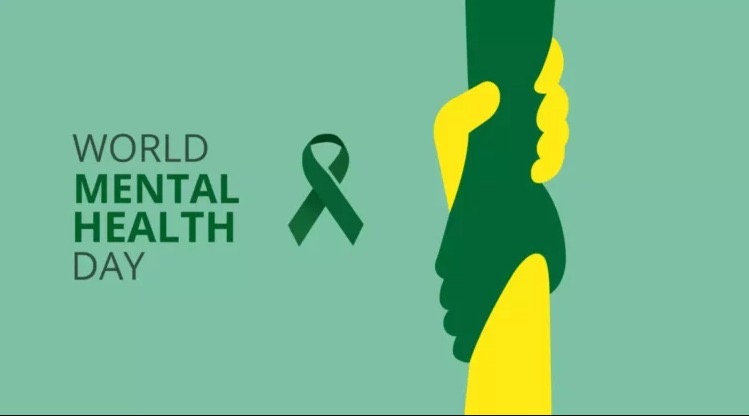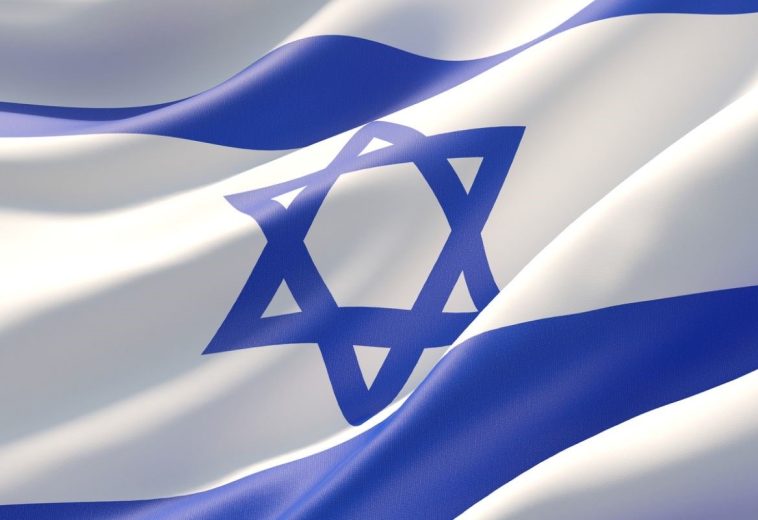As Liberia prepares for its presidential election on October 10, 2023, the nation stands on the precipice of a defining moment in its political history. This election encompasses not only the presidential race but also parliamentary elections. While 15 Senate seats and 73 House of Representatives seats are up for grabs, all eyes are on the presidential contest.
The election will determine both the president and members of the national legislature, with 19 candidates vying for the opportunity to succeed President George Weah of the Coalition of Democratic Change (CDC), who is seeking a second term. Over 2 million registered voters are set to exercise their democratic rights, making up approximately 2,471,617 voters out of Liberia’s total population of 5.4 million. Across the nation, 5,890 polling stations in 2,080 voting precincts designated by the National Election Commission will facilitate this civic exercise.
Among the prominent contenders are former vice president Joseph Nyuma Boakai and businessman Alexander Cummings. Both were previously part of a four-party opposition alliance known as the Coalition of Political Parties (CPP), which disbanded due to disagreements over the presidential ticket allocation for this election cycle. Also in the running is Tiawan Gongloe from the Liberian People’s Party, a distinguished human rights lawyer and former solicitor general during the Ellen Johnson-Sirleaf administration.
In the event of a second round of voting, three contenders emerge as potential rivals to Weah, the former international football sensation who secured over 61 percent of the vote in the second round back in 2017. Weah, who has meticulously built his political credibility over the past decade, asserts his potential to secure an outright victory in the initial round of elections. Since taking office in 2017, he has maintained Jewel Howard-Taylor, the former vice president and ex-wife of Charles Taylor, as his running mate.
Weah, at 57, highlights several accomplishments during his tenure, including the introduction of a tuition-free program for undergraduates in public universities in 2018, covering WASSCE fees for 9th and 12th graders in public schools, and expanding electricity accessibility while lowering costs. His administration has also initiated various road construction projects nationwide. However, critics point to ongoing corruption, economic challenges, and rising food prices as signs of governmental shortcomings.
In his manifesto, Weah commits to reducing out-of-pocket medical expenses through a mandatory social health insurance scheme, providing off-the-grid solar energy to public hospitals and secondary schools, and generating sustainable employment through formalizing artisanal and small-scale mining activities.
Joseph Nyuma Boakai allies with the Movement for Democracy and Reconstruction (MDR), founded by former warlord-turned-senator Prince Johnson. Boakai has selected MDR senator Jeremiah Koung as his running mate, leveraging their influence in Nimba, Liberia’s second most populous county. Boakai, at 78, emphasizes agriculture in his campaign, pledging to bolster domestic rice production and improve transportation infrastructure.
Alexander Cummings, 57, represents the Collaborating Political Party (CPP), a coalition between his Alternative National Congress and the Liberty Party. Cummings, a former Coca-Cola executive, focuses on diversifying Liberia’s economy and creating a more business-friendly environment. He also advocates for prioritizing locally-made products.
Tiawan Gongloe, a distinguished human rights lawyer, enters the presidential race for the first time at the age of 67. His campaign promises to uplift the vulnerable, facilitate access to education, and expedite corruption and economic crime cases through a specialized court. Gongloe’s emblem, a broom, symbolizes his commitment to sweeping away misgovernance and seeking justice for past atrocities.
Despite Liberia’s historic election of Africa’s first female leader, Ellen Johnson-Sirleaf, gender inclusivity in politics remains a challenge. Out of the 20 candidates in this presidential race, only two are women, including Sara Nyanti, a former deputy special representative in the United Nations Mission in South Sudan.
The current political landscape in Liberia is characterized by distrust, scandals, and political instability. The scars of the civil war, which ended 20 years ago, remain vivid. Corruption, economic challenges, and rising inflation dominate voter concerns, shaping the nation’s complex electoral landscape as Liberia strives for recovery amidst lingering shadows.


